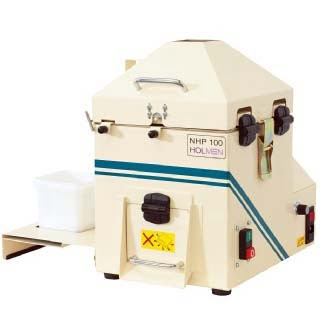
In the world of animal feed production, the quality of pellets is paramount. The Holmen NHP100 Pellet Durability Test is a widely recognized and accepted method for assessing the structural integrity of feed pellets. Attempting to alter the test protocol not only undermines the credibility of your results but also can have far-reaching consequences.
Why Altering the test protocol is Detrimental:
- Quality Assurance: The Pellet Durability Index (PDI) obtained from the Holmen NHP100 test is an important indication of pellet quality. Changing the test distorts this index, leading to a false representation of product quality.
- Safety Risks: Compromised pellet quality can lead to safety risks. Poorly structured pellets may break down prematurely, leading to feed wastage and potential harm to livestock through nutritional imbalances or ingestion of fine dust particles.
- Economic Impact: Feed manufacturers rely on the PDI for optimizing their production process. Altering the test protocol can result in inefficient production, increased costs, and potential loss of business due to inferior product quality.
- Reputation Damage: The integrity of test results is crucial for maintaining trust with clients and industry bodies. Being found to alter the test protocol could irreparably damage a company’s reputation and lead to legal repercussions.
- Innovation Stagnation: Honest testing drives innovation in pellet production. Adjusting the results by changing the test process hinders this progress, preventing the development of more durable and efficient feed pellets.
For further reading on this topic, we can recommend the follow detailed article:
Article: – Pellet quality in a compound feed factory – Thoughts from Feed Design Lab
Call us on +44 (0)1692 403403 for more information, or enter your message below and we’ll get in touch.


